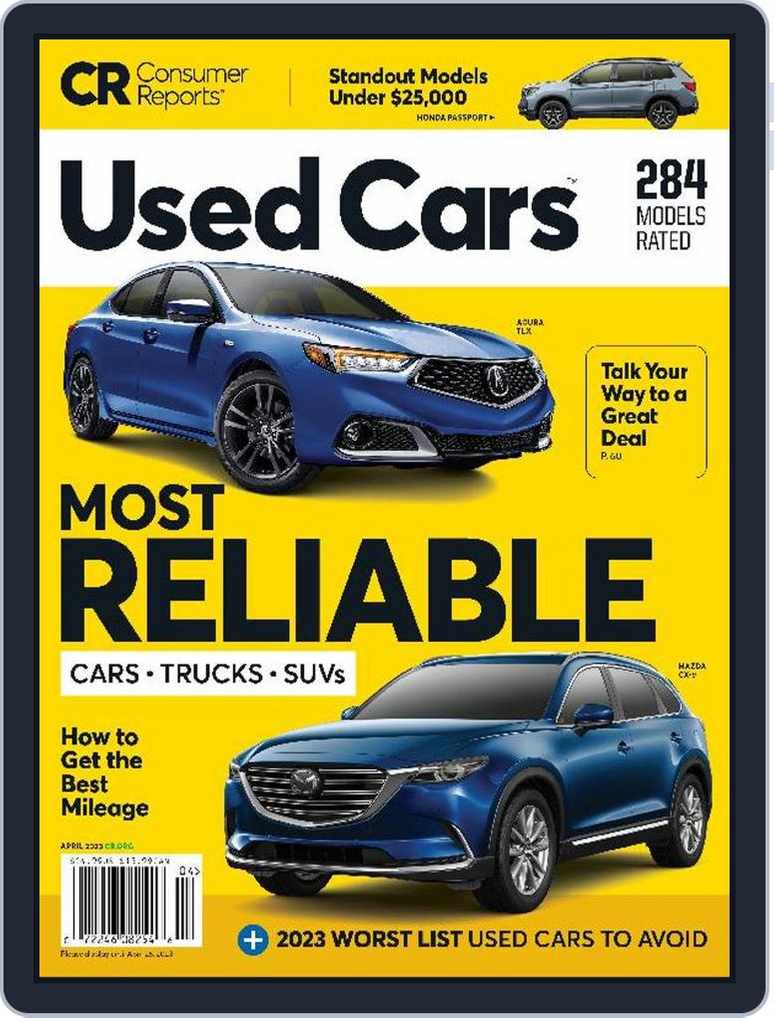Exploring Canadian Watercraft: Tips and Trends
Discover the latest in Canadian watercraft – from Lake Ontario fishing boats to kayaking in the Rockies.
Don't Get Ripped Off: Secrets Dealers Won't Tell You
Unlock insider tips to avoid scams and save big. Discover secrets dealers hope you never find out in this must-read guide!
5 Hidden Fees Car Dealers Hope You Don’t Notice
When shopping for a new or used vehicle, many buyers focus on the sticker price, but hidden fees can quickly add thousands of dollars to the final cost. One common fee is the documentation fee, which car dealers often charge for handling paperwork associated with the sale. This fee can range from a modest amount to several hundred dollars, and it is typically non-negotiable. Buyers should be aware of this fee and factor it into their overall budget to avoid surprises at the dealership.
Another fee to watch out for is the advertising fee. Car dealerships may include this charge to cover marketing expenses for the vehicle you are interested in. While it may seem reasonable, this fee is often inflated and can be waived upon request. Additionally, extended warranty fees can also catch buyers off guard. These optional coverage plans can add a significant amount to your total cost, and it's essential to evaluate whether the coverage is necessary for your specific needs before committing.

The Truth About Trade-Ins: What Dealers Don’t Want You to Know
The truth about trade-ins is that many car dealerships often manipulate the process to maximize their profits at your expense. When you trade in your vehicle, the dealer typically evaluates its condition and market value, but they may downplay its worth to offer you a lower price. Dealers don’t want you to know that conducting your own research can empower you during negotiations. Utilizing tools like online valuation guides can help you understand the fair market value of your vehicle, ensuring you receive an equitable deal.
Additionally, it’s crucial to recognize that the convenience of trading in your car often comes with hidden costs. For instance, dealers might roll the trade-in value into your financing, leading to higher interest rates or monthly payments. This tactic is another aspect of what dealers don’t want you to know—that you could potentially obtain a better price by selling your vehicle privately. In fact, selling it yourself can sometimes yield thousands more than a dealership is willing to offer, making it worth the extra effort.
How to Negotiate Like a Pro: Insider Tips for Avoiding Dealer Tricks
When it comes to negotiating like a pro, preparation is key. Start by researching the market value of the item or service you're interested in. This knowledge empowers you to understand what a fair price is and helps you confidently counter any initial offers from dealers. Create a list of comparable products and their prices, as this information can be invaluable in discussions. Additionally, work on your communication skills; using clear, concise language can help convey your points effectively.
One common dealer trick is employing pressure tactics to make you feel rushed into a decision. To avoid falling into this trap, consider the following tips:
- Take your time to evaluate the offer and don’t hesitate to walk away if something doesn’t feel right.
- Practice active listening to understand the dealer's motivations and counter their arguments with your well-researched facts.
- Don't reveal your budget too soon; if a dealer knows your limits, they might manipulate their offers accordingly.